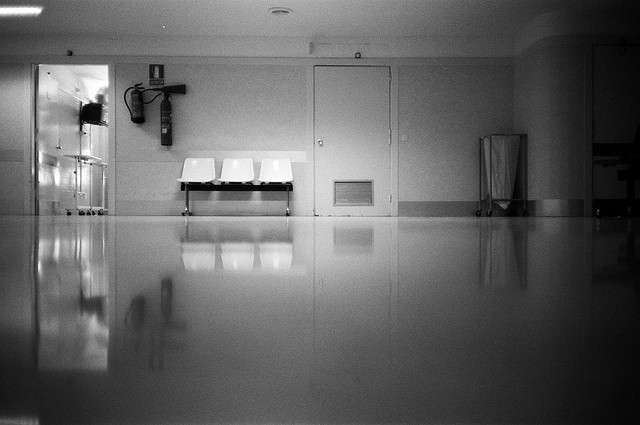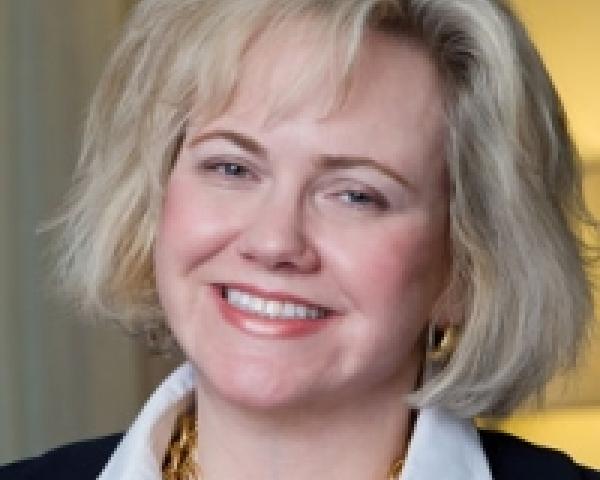Jeremy Hunt, secretary of state for health in Britain, recently toured the
Virginia Mason Medical Center in Seattle. He
said the visit was “inspirational” and announced plans to have the British National Health Service (NHS) sign up “heart and soul” to a similar culture of safety and transparency. Hunt wants doctors and nurses in NHS to “say sorry” for mistakes and improve openness among hospitals in disclosing safety events.
I had a similar reaction to my tour of Virginia Mason. The hospital appears impressive—and truly gets impressive results. My nonprofit, the
Leapfrog Group, annually takes a cold, hard look at the hospital’s data and named Virginia Mason one of two “top hospitals of the decade” in 2010. Every year, it ranks near the top of our national ratings.
Virginia Mason’s success is rooted in its famous application of the principles of Japanese manufacturing to disrupt how it delivered care, partly at the behest of one of Seattle’s flagship employers,
Boeing. There are
numerous media stories and a
book recounting the culture of innovation Virginia Mason deployed to achieve its great results, so I won’t belabor the point here. But at its essence is Virginia Mason’s unusual approach to transparency. Employees are encouraged to “stop the line” – that is, report when there’s a near miss or error. Just as Toyota assembly workers are encouraged to stop production if they spot an engineering or safety problem, Virginia Mason looks for every opportunity to publicly disclose and closely track performance.
It is not normal for a hospital to clamor for such transparency. Exhibit A: the
Leapfrog Hospital Survey, my organization’s free, voluntary national survey that publicly reports performance by hospital on a variety of quality and safety indicators. More than half of U.S. hospitals refuse the invitation of their regional business community to participate in Leapfrog, suggesting that transparency isn’t at the top of their agenda. But for Virginia Mason and an elite group of other hospital systems, not only is the transparency of Leapfrog a welcome feature, but they challenge us to report even more data, faster.
I hope the British health care system takes Virginia Mason’s model and runs with it, but, more than that, I hope the model takes hold here in the U.S. Too many hospitals in the U.S. avoid disclosing their performance instead of welcoming transparency as an opportunity to build trust with the patients in their care.
The movement toward transparency has a long way to go. We do not have publicly disclosed accreditation reports, even though those reports are tickets for hospitals to obtain public funding through Medicare. We do not yet know enough about infection rates, sentinel events, medication errors and outcomes including death rates from many common (or uncommon) procedures. Price transparency is also rare, according to a
report by the Catalyst for Payment Reform.
The ultimate example of our tendency toward non-disclosure came last week, when
USA Today reported that CMS quietly removed from public disclosure the incidence of certain "never" events, like objects left in after surgery. Experts disagree on the merits of how CMS counts these "never" events, and CMS—no doubt influenced by lobbyists—believes that they aren’t fair to hospitals. Yet, in a culture of transparency, CMS would do the opposite: first err on the side of reporting the "never" events, then let the experts refine the measure over time. Indeed, as the Virginia Mason experience demonstrates, the very act of reporting can accelerate improvement and transformation.
It’s time for the U.S. to ignite its passion for free speech and lead the world in applying it to health care.


